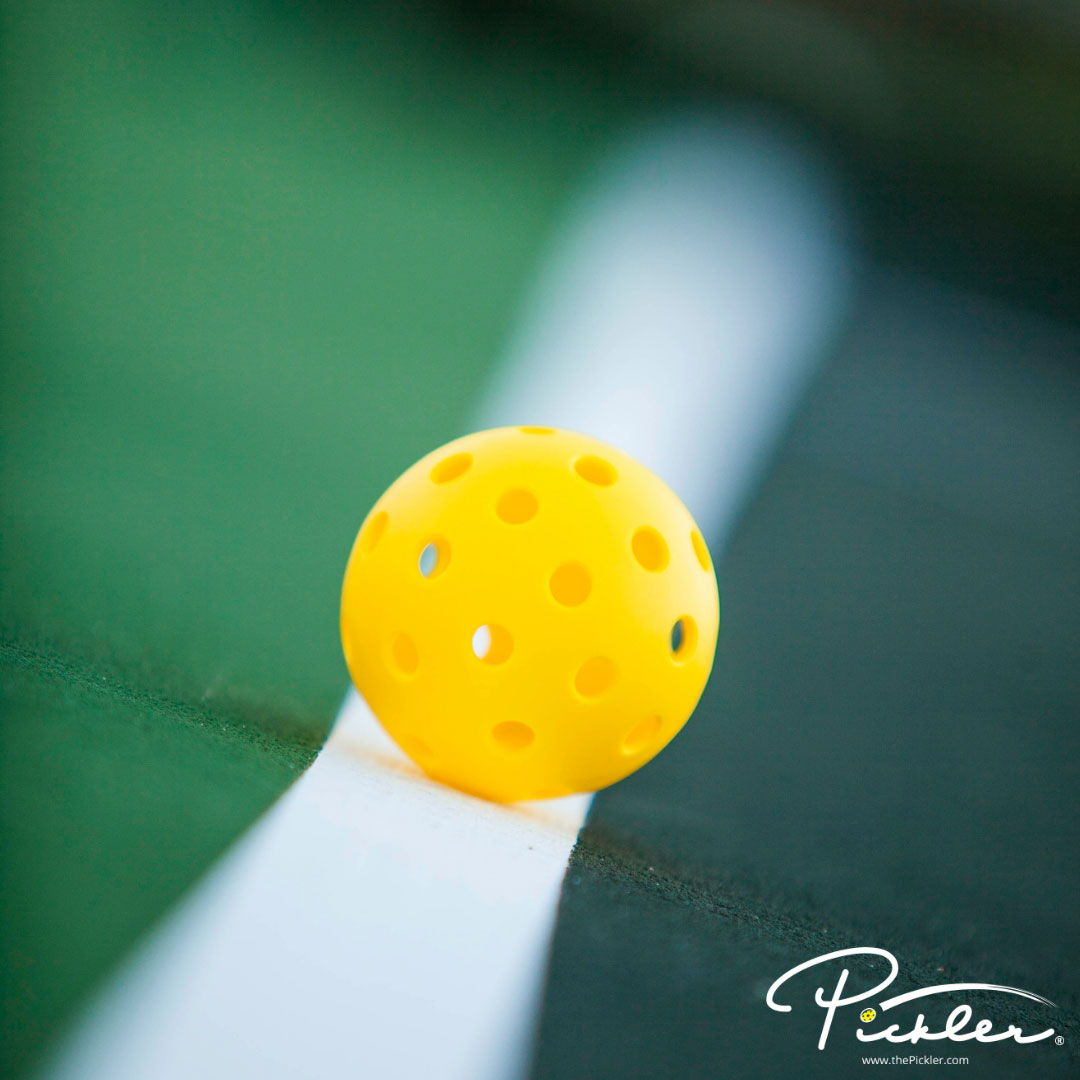By Mark Peifer, USA Pickleball Certified Referee; Past Chairman, USA Pickleball Rules Committee
Question: I made a line call of ‘out’ on the left sideline. One of my opponents questioned my call by yelling across the court to my partner, inquiring whether the ball was in or out. I clarified that I had already made a call and reaffirmed that the ball was ‘out’. However, despite my clear assertion, the opposing player continued to ask my partner if they saw it. The opponent was certain they had the option to ask my partner what they saw. What rules govern this situation?
Answer: This answer will not provide universal acceptance among all players, but you were right to stand your ground. The Rulebook supports you in that stance.
When one partner has made a valid line call, questioning the other partner is inappropriate. That’s precisely why a key statement was added to Section 1 of the USA Pickleball Rulebook beginning in 2023:
“Players should not question or comment on an opponent’s call.”
Let’s step back and look at what’s happening in situations like this:
- Partner A (you) makes an ‘out’ call.
- Partner B remains silent—not unusual, and not required to confirm.
- An opponent, unhappy with the call, tries to go around Partner A by ‘innocently’ inquiring what Partner B saw. The opponent may even think they are doing it in a friendly manner. Remember that ‘friendly’ is in the eye of the beholder.
The aim? Let’s be honest: it’s an attempt to unsettle the call and possibly create a Rule 6.C.8 scenario—where if both partners cannot agree on an ‘out’ call, the ball is considered in.
But Rule 6.C.8 is not meant to be externally invoked. It is not the opponent’s job to try to see if there is any disagreement between partners. That rule exists to guide teams when an internal conflict arises naturally—not one suggested (or provoked) by the opposing team.
That’s where Section 1 comes in. Its purpose is to draw a firm line around sportsmanship. Players must not question or comment on calls made by the other team—even indirectly. That includes seemingly innocent prompts like:
“Did both of you see it out?”
The reason? Because those types of questions often carry the weight of influence, pressure, or even subtle intimidation—especially in mixed doubles or matches involving players known for aggressive gamesmanship.
Bottom Line:
- Rule 6.C.8 governs partner self-correction—it’s for teammates, not opponents.
- Section 1 prohibits opponents from inserting themselves into the other team’s line call decision, whether directly or indirectly.
- Anything else opens the door to influence, pressure, or even bullying and undermines fair play.



